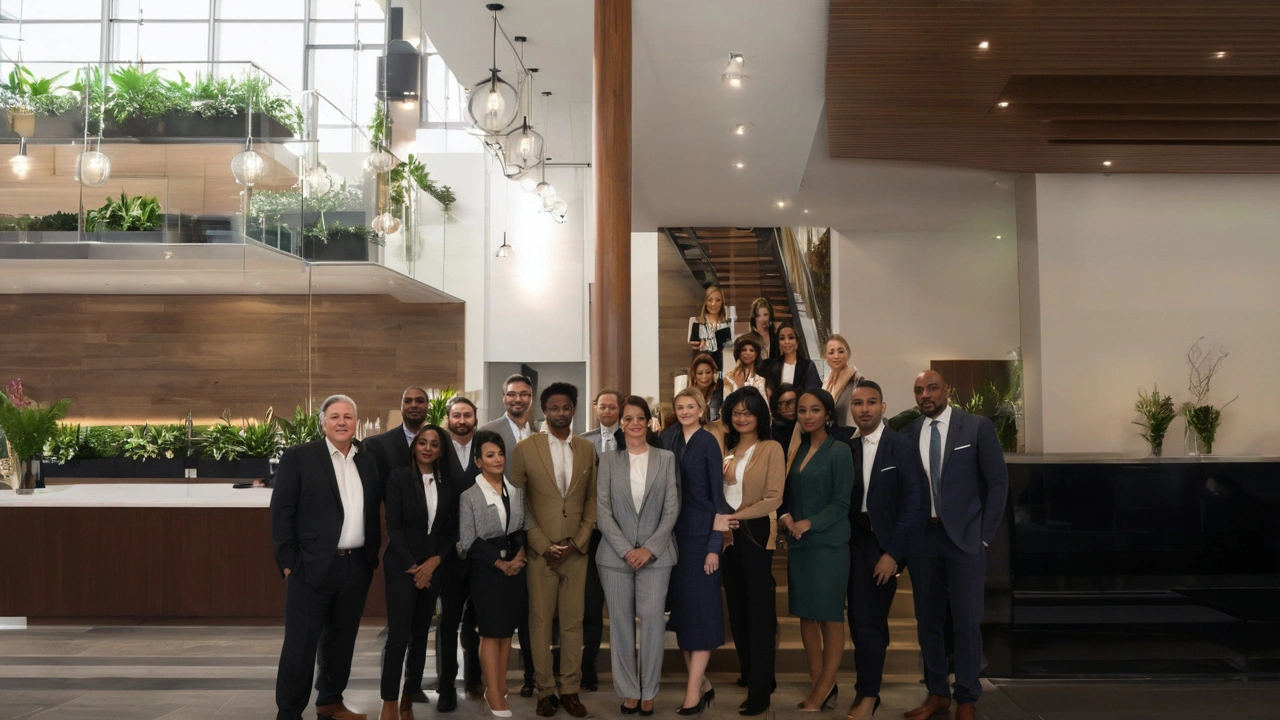Liberia Diaspora Investment Dialogue — July 2024 Highlights
Liberia’s Diaspora Investment Dialogue, held during the World Bank and IMF Spring Meetings and hosted by the World Bank Group and the EU, brought practical talk about how Liberians abroad can drive real economic change back home. The session focused on turning remittances into longer-term investments, spotting sectors with fast payback, and matching diaspora capital with clear projects.
Why the dialogue matters
The event showed that diaspora money can do more than cover family needs. When channeled into businesses, housing, farms, or health clinics, that capital creates jobs, increases tax revenue, and boosts services. Speakers pointed to simple policy moves—clear legal titles, tax incentives for new investments, and streamlined licensing—that make projects easier and less risky.
Concrete sectors to watch include agriculture, health care, small manufacturing, affordable housing, and digital services. Agriculture remains a low-barrier way for returning investors to scale production and export value-added goods. Health care investments—clinics, labs, telemedicine—can both improve access and be sustainable businesses. Small manufacturing and affordable housing meet large local demand and can absorb returning skilled workers. Digital services and fintech can link remittances to investment platforms and improve transparency.
How diaspora can act now
First, treat opportunities like any other investment—do due diligence. Ask for business plans, cash-flow forecasts, clear ownership structures, and local references. Second, start small with pilot projects or join pooled funds to spread risk. Third, look for partners on the ground: trusted managers, vetted local banks, or established NGOs. Fourth, consider diaspora bonds or public-private partnerships when available; they often come with government guarantees or tax breaks.
Practical checklist before you invest: Verify company registration and tax status. Review a three-year financial projection and break-even analysis. Check land titles and permits for property projects. Confirm transparent governance and a local point of contact. Start with a pilot investment under defined milestones.
Risks discussed at the dialogue were practical: policy shifts, unclear land ownership, weak contract enforcement, and currency volatility. Solutions proposed were practical too—better registries, quicker dispute resolution, market-based insurance, and clearer incentives. The World Bank and EU emphasized technical support programs that help structure deals and reduce upfront legal costs.
If you’re a Liberian abroad thinking about investing, join local diaspora investment networks and watch for follow-up events and project listings from the organizers. Ask for impact metrics, not just returns—how many jobs will be created, what services will improve, how will your investment be protected?
Examples of quick-start projects include a 10-bed private clinic with telemedicine support, a cocoa drying and packaging unit for export, or a mixed-use housing block using local contractors. Each of these can start with a modest seed of capital, clear milestones, and an on-site manager. Track impact quarterly and be prepared to scale what proves profitable and socially useful. Start today informed.

Liberia Diaspora Investment Dialogue: Aiming for Economic Transformation and Growth
The Liberia Diaspora Investment Dialogue, hosted by the World Bank Group and the EU, engaged the Liberian diaspora to attract investments for economic growth. Held during the World Bank and IMF Spring Meetings, this event highlighted the potential impact of diaspora investment on the nation's economy.
Read More




